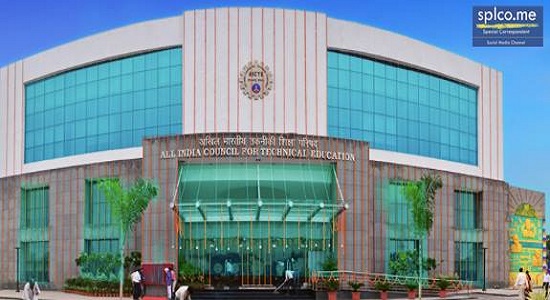Along with the internet of things, big data and bullet trains, engineering students will now have to study the Vedas, Puranas and tark shastra (logic), according to the revamped curriculum released by the All India Council for Technical Education (AICTE) on Wednesday.

They will also be expected to know something about the Constitution and environment sciences as part of mandatory courses whose scores will have no bearing on their final credits. The changes will kick in this academic year. “The syllabus has been revamped by preparing a model curriculum as an updated curriculum is a student’s right,” said HRD minister Prakash Javadekar.
The course on Essence of Indian Knowledge Tradition will also focus on Indian philosophical, linguistic and artistic traditions, along with yoga and Indian perspective of modern scientific worldview.
“The course aims at imparting basic principles of thought process, reasoning and inferencing,” according to the course objective.
It is good to teach non-discipline courses as it helped broaden horizons, said Dheeraj Sanghi, a professor of computer science at IIT Kanpur, but said that it should not be mandatory.
The new curriculum lays emphasis on practical knowledge and lab work the credits required for theory have been reduced to 160 from 220.
Students will also be required to intern with industries as well as the social sector. “This will help engineering graduates connect with the need of the industry and society at large,” Javadekar said, adding that the curriculum should be updated every year and changes made per the needs of the industry.
Industry has often voiced concerns over the quality of engineers in the country, saying a majority of them were not employable and had to be trained on job.
India’s more than 3,000 institutes produce about 700,000 engineers every year but barely half of them find employment. In 2015-16, of the 758,000 graduates, only 334,000 got jobs through campus placements, AICTE data says.
“Every student, on admission, would be put through a mandatory induction training to reinforce the fundamental concepts and the required language skills for technical education,” AICTE chairman Anil Sahasrabudhe said.
Universities have been asked to set up committees and update the curriculum every year. Vice chancellors who attended the meeting agreed to adopt the new curriculum, an AICTE official said.
Management programme courses, too, have been changed.
“The minimum number of credits for award of MBA (master in business administration)/ PGDM (post graduate diploma in management) course is 102 credits,” Sahasrabudhe said.














